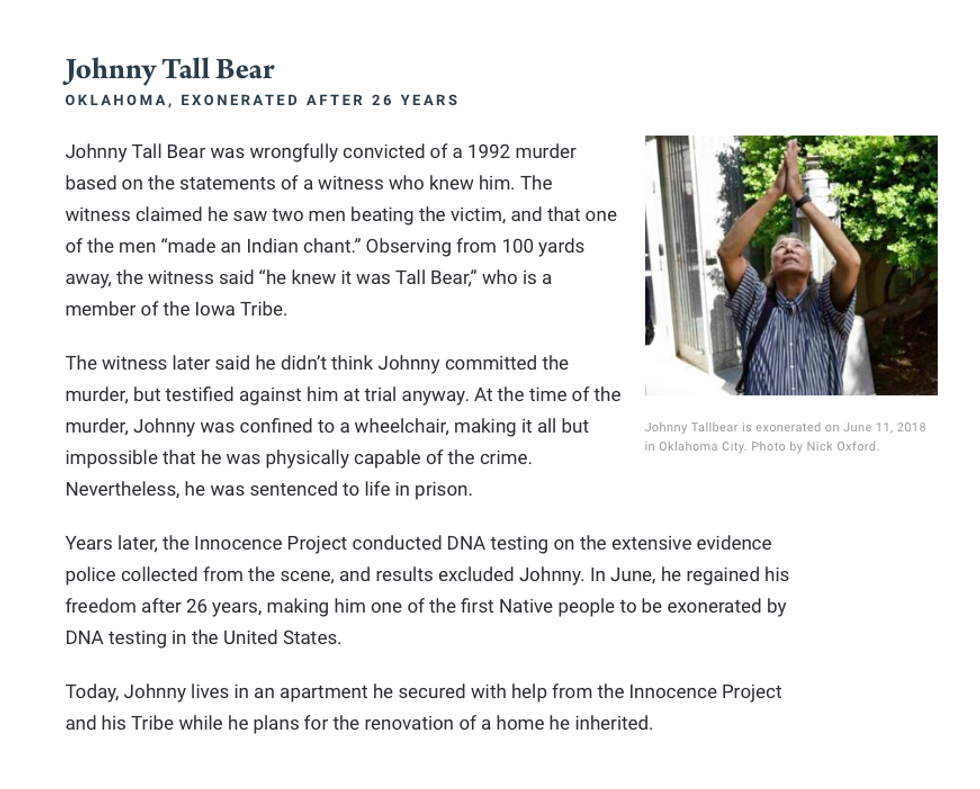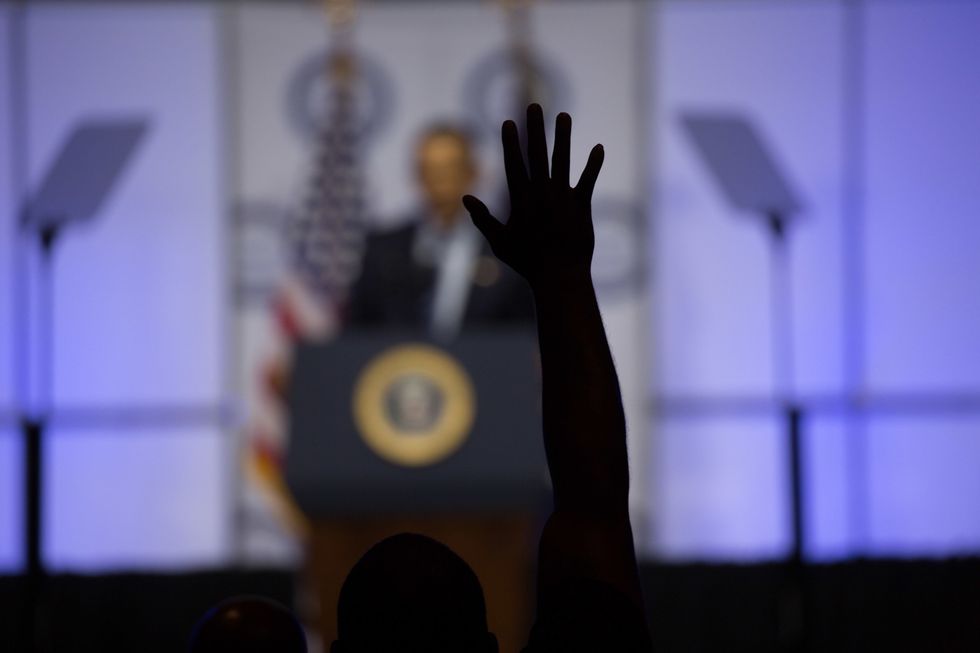At the end of 2018, I decided to declare a minor in Criminal Justice at OU. I am beyond excited to be done with my general education classes and get into more of what I like to learn about which is sociology and criminal justice. I've had many people tell me that these two subjects go hand in hand and I'm super happy with my choice.
I have always been interested in court cases and the criminal justice system. I've always been interested to know everything about a person, what happened and how the criminal justice system affected that person. I've always loved the legal side of things and the reasons and the logic behind it.
In case you don't know what sociology is- it is the study of the development, structure, and functions of human society. So basically, all the social problems that would happen in a lifetime. How do we see our self-created environments? What about our personal beliefs and cultures? Sociology is a really broad term but also includes anthropology, political science, psychology, and economics.
So something that a lot of people don't know about me is that when I was a student at RSU for my first semester of college I had taken an intro to sociology class and I have loved it ever since. I think I owe half the credit to the professor who taught it because she was just a really good professor in general, but I could tell that she loved what she did and she loved talking about sociology. I remember thinking if this could be a career for me and a couple of years later and now I'm at OU; this is where I've ended up and I'm completely fine with it.
I've really loved the sociology courses that I've taken so far because it just opens up your mind to different experiences that other people have had. I have a fire within me about the people who were wrongly convicted and served 20+ years in prison. (Click here for the Innocent Projects' website!) I cannot even imagine what it would be like to be in prison knowing that you're innocent.
In one of my criminal justice textbooks, there was a quote that basically described the whole criminal justice system. "We learn that very few people get adequate legal representation in the criminal justice process; we are simultaneously told that the Constitution requires people to be afforded adequate legal representation in the criminal process. We learn that coercion is often used to extract confessions from suspected criminals; we are then told that convictions based on coerced confessions may not be permitted to stand. We discover that the police often use methods in gathering evidence that violate the norms of privacy protected by the Fourth Amendment; we are told that evidence obtained in this way must be excluded from the criminal trial. This creates doubt about the kind of criminal justice system that we want to have."
Another quote that I thought was interesting: "people are notoriously poor observers of disturbing events- the more emotion-arousing the context, the greater the possibility that recollection will be incorrect; confessions and admissions by persons in police custody may be induced by physical or psychological coercion so that the police end up hearing what they want to hear rather than the truth."
When I think of coercion- I think of Making A Murderer and the cases of Steven Avery and Brendan Dassey. Their entire story makes me so angry and passionate at the same time. The investigators literally told him what they wanted to hear and made him say it! UGH! I have such a fire I'm telling you.
I'm also super interested in Native American law too. I found this case on the Innocence Projects' website about Johnny Tall Bear.

https://www.innocenceproject.org
Super interesting right?! DNA testing is one of the biggest resources to get someone out of prison but it's also something that takes years to get because usually, the state holds the evidence for a certain amount of time before they release it to lawyers or anyone else for testing.


















